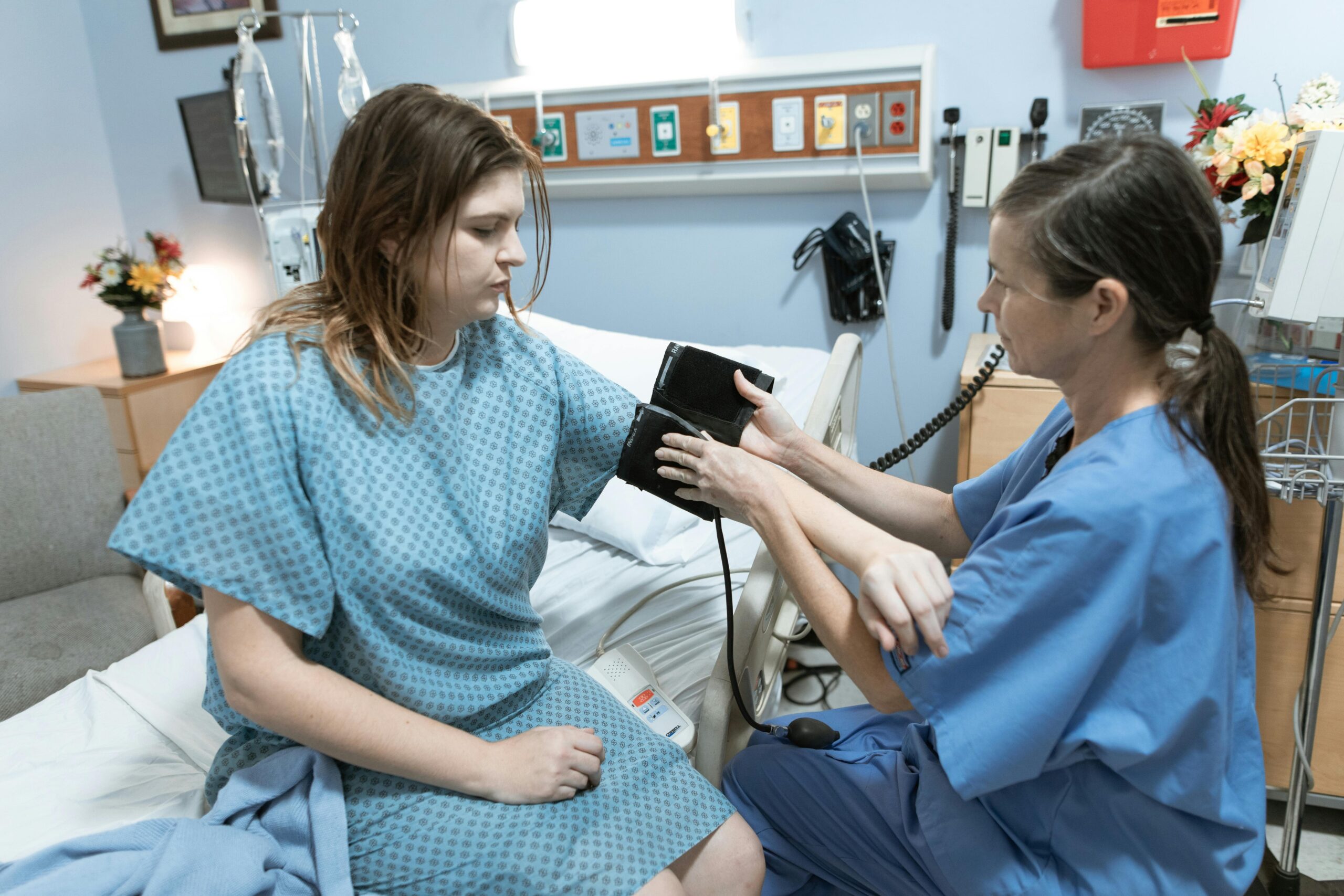Transitioning from a structured prison environment to the unpredictable world outside can be daunting, more so for individuals grappling with Opioid Use Disorder (OUD). The challenges are manifold: societal reintegration, employment, rebuilding relationships, and most critically, avoiding relapse. Here, Medication-Assisted Treatment (MAT) with Suboxone emerges as a game-changer. But for its profound benefits to be fully realized, MAT needs to be seamlessly integrated into re-entry programs. Let’s delve deeper into the present landscape and the promising future that awaits.
Table of Contents
ToggleThe Present Scenario: A Gap in Care
While some correctional facilities have started recognizing the importance of Medication-Assisted Treatment, there’s an inconsistency in its application and follow-through. Few facilities offer MAT, and among those that do, there’s often a lack of continuity as inmates transition to the outside world. This gap can lead to:
- Relapse: With the discontinuation of MAT, individuals are at a higher risk of returning to opioid use.
- Overdose: Post-prison, with lowered opioid tolerance, individuals are more susceptible to overdoses, making the initial post-release period particularly precarious.
The Vision: Holistic Re-entry Programs with Medication-Assisted Treatment
For effective societal reintegration, there’s a growing consensus on creating comprehensive re-entry programs that:
- Start MAT Before Release: Initiating inmates on Suboxone before their release ensures a smoother transition and reduces the risk of immediate post-release overdose.
- Ensure Continuity of Care: Partnerships between correctional facilities and community-based MAT clinics can ensure uninterrupted access to Suboxone and related care upon release.
- Provide Supportive Counseling: MAT is more than just medication. Counseling that addresses the unique challenges faced by released individuals enhances MAT’s effectiveness.
- Educational Workshops: Equip inmates with knowledge about OUD, the benefits of MAT, and the potential dangers of relapse.
Overcoming Obstacles
Several barriers currently hinder the dream of integrated Medication-Assisted Treatment re-entry programs:
- Lack of Funding: Establishing and maintaining partnerships between prisons and MAT clinics requires financial resources.
- Stigma: There’s still significant stigma surrounding OUD, with many viewing MAT as merely substituting one drug for another.
- Logistical Challenges: Ensuring consistent access to Suboxone and coordinating between different care providers can be complex.
Success Stories: A Glimpse into the Potential
Consider the story of the “Bridge Program” in Rhode Island, which aimed to ensure continuous MAT for inmates post-release. Early results showed a remarkable decline in post-release overdose deaths, showcasing the tangible benefits of such integrated programs.
Then there’s the narrative of Sarah, an inmate with a history of OUD. Her prison introduced MAT a few months before her release. Post-release, she was immediately connected to a local MAT clinic. “Having that support system, the continuity, it made all the difference. I wasn’t just thrown out; I had a path, a plan,” Sarah recalls.
The Way Forward
- Policy Reforms: Advocacy for policies that prioritize and fund MAT integration into re-entry programs is crucial.
- Awareness and Education: Changing perceptions about OUD and MAT among correctional staff, inmates, and the larger community can pave the way for broader acceptance.
- Collaborative Efforts: Building bridges between prisons, Medication-Assisted Treatment clinics, community organizations, and policymakers can help create a cohesive, effective system of care.
Conclusion
As we envision the future of post-prison care, integrating MAT with re-entry programs isn’t just an option—it’s a necessity. By ensuring continuity of care, offering educational support, and forging collaborative networks, we can pave the way for a future where released individuals don’t just survive but thrive. A future where each individual’s journey of recovery is supported every step of the way, from the confines of prison to the vastness of the world outside.
Renew Health is here to support you on your journey to recovery.



